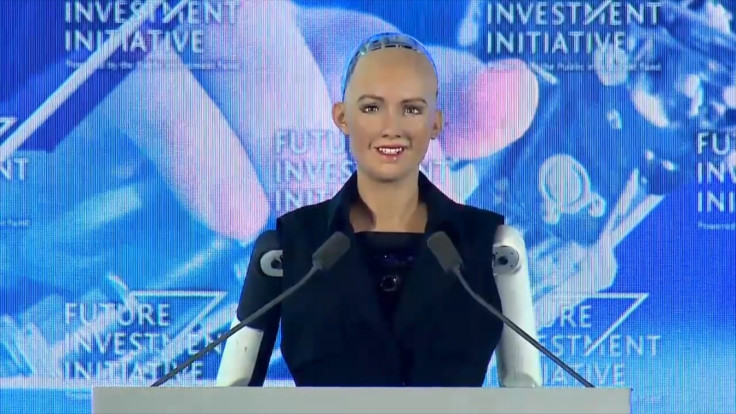Brain-machine interface for wheelchairs may aid differently-abled peoples' movement
It will help differently-abled people control wheelchairs wirelessly.
Researchers at the Georgia Tech University have created a new brain-machine interface (BMI) which uses artificial intelligence (AI) along with flexible electronics and a new nano-membrane electrode. It can be used to wirelessly control an electric, computerised wheelchair.
Simply put, using the BMI, a differently-abled person may be able to operate a small robotic wheelchair without wearing a hair-electrode cap or having a heavily wired setup.
Woon-Hong Yeo, an assistant professor in Georgia Tech's George W. Woodruff School of Mechanical Engineering, who was associated with the project stated in the official press release, "This work reports fundamental strategies to design an ergonomic, portable EEG (electroencephalogram) system for a broad range of assistive devices, smart home systems and neuro-gaming interfaces. The primary innovation is in the development of a fully integrated package of high-resolution EEG monitoring systems and circuits within a miniaturized skin-conformal system."
The EEG used in the technology is more advanced than the traditional EEG as it allows measurement of brain signals from the visually evoked potentials in the human brain.
The researchers claim that the BMI can be used in rehabilitation of ALS, chronic stroke and other motor disabilities. The current technology espouses a wired cap setup, which is very hard to use regularly.
Instead of a cap, it uses a strip of fabric on which the sensors are placed. This strip is placed on the neck of a person and an electrode is placed below the ear. These are dry electrodes, which don't require adhesive and hence don't cause irritation on the skin.
The new technology allows for flexible, wireless sensors, which can be easily attached to the skin. The data is transmitted using Bluetooth. The recorded data is processed using a flexible circuit and then sent to a computer attached to the wheelchair. The system has a wireless range of 15 metres, so it means that the wheelchair may also be summoned, once the system becomes more advanced.

© Copyright IBTimes 2025. All rights reserved.





















